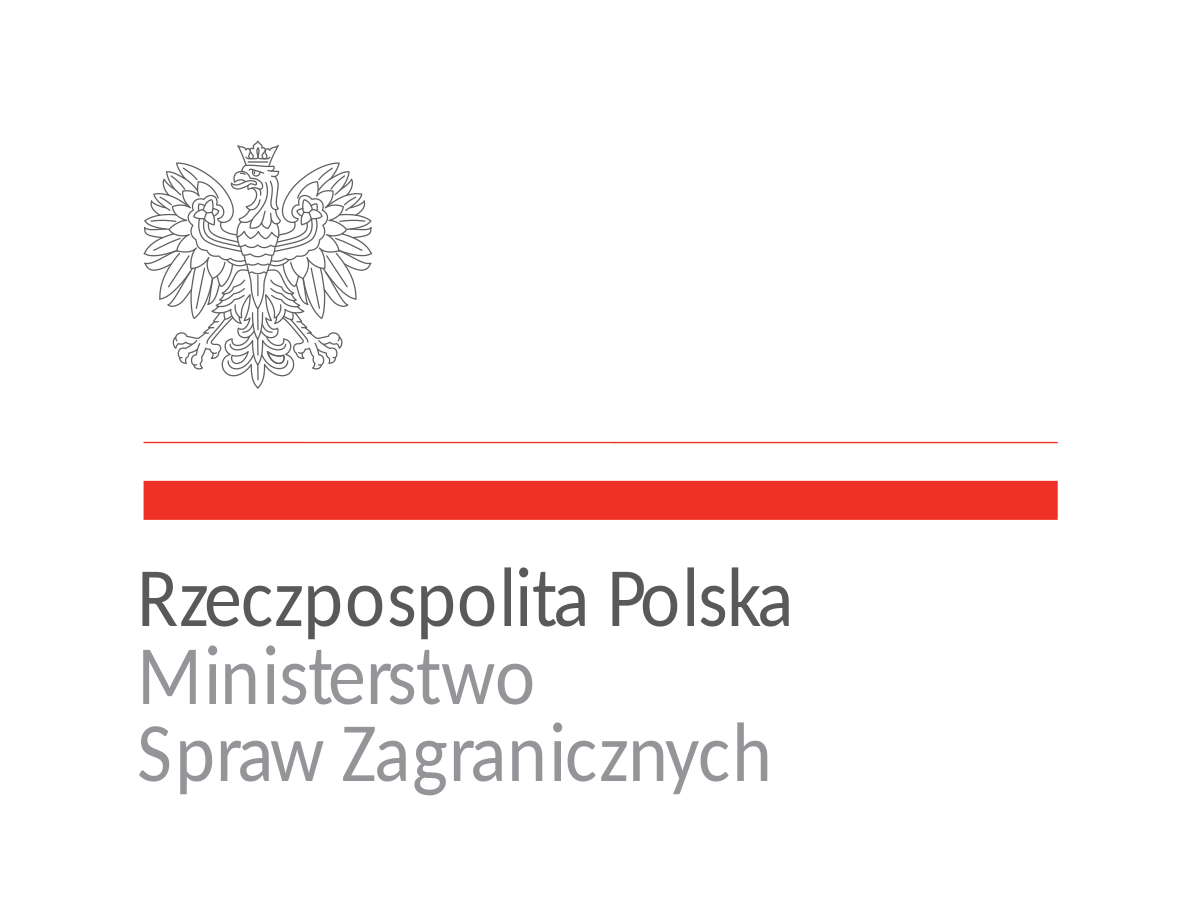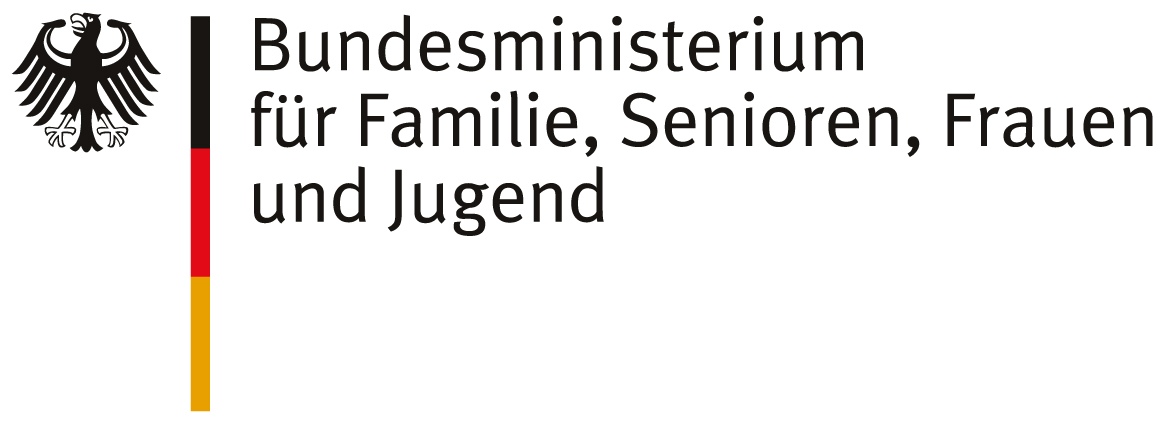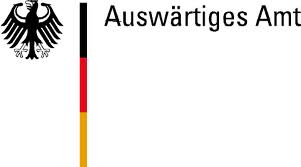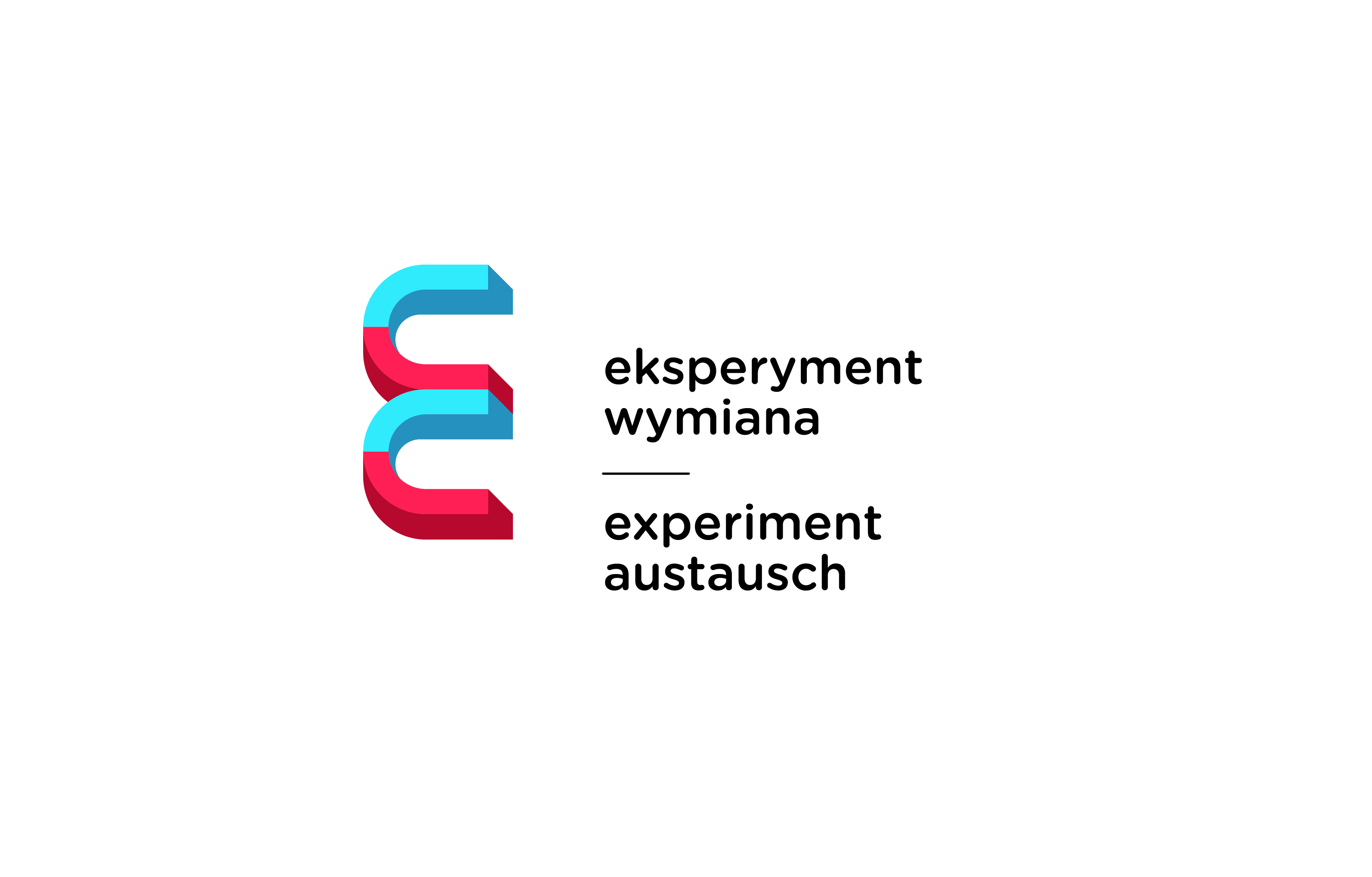
From 1 to 4 April 2019, young people from Wrocław and Tettnang stayed in Krzyżowa as part of a longer exchange that took place in the partner cities of schools (first in Tettnang and then in Wrocław). It was an exchange taking place within the framework of a new PNWM programme called "Eksperyment Wymiana" (Experiment Exchange), concerning school exchanges in the STEAM area (since, technology, engenering, art and mathematics).
The main theme of the whole exchange was to study the unfavourable aspects of the organization of events (mass and family): calculation of energy consumption, water consumption, waste production and waste quality, CO2 production, mass farming of meat and fish, and the search for alternative ways to organize an eco-friendly birthday party (alternative ways to produce energy, save water, use ecological materials, waste management and sorting, etc.).
In Krzyżowa, young people took part in eco-hare and hounds, during which they discovered the functioning of low-emission solutions in our House of Gardener, during workshops they planned their eco-birthday, during creative workshops they created an eco-dish, healthy snacks, candles made of beeswax and sketches for a commemorative calendar with eco-holidays. The youth also visited the Energy Technology Centre and took part in guided tours and workshops, for which we would like to thank Mr. Krzysztof Brzozowski - President of the Free Entrepreneurship Association in Świdnica.
Photo: flower bed renewed during the project










.png)
 (Copy).jpg)
.jpg)

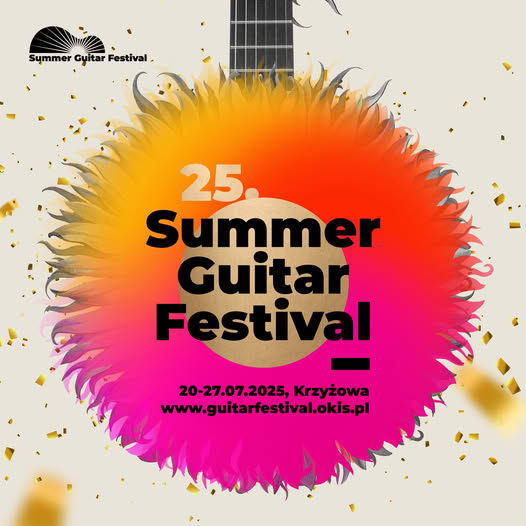
.png)
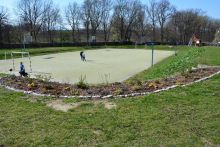
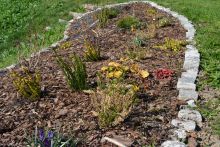

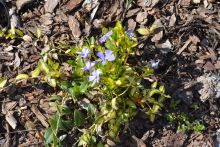
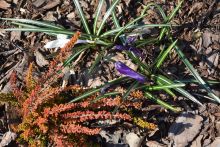
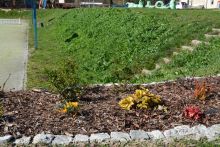
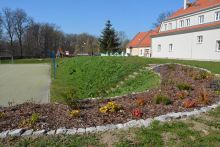


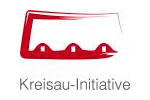
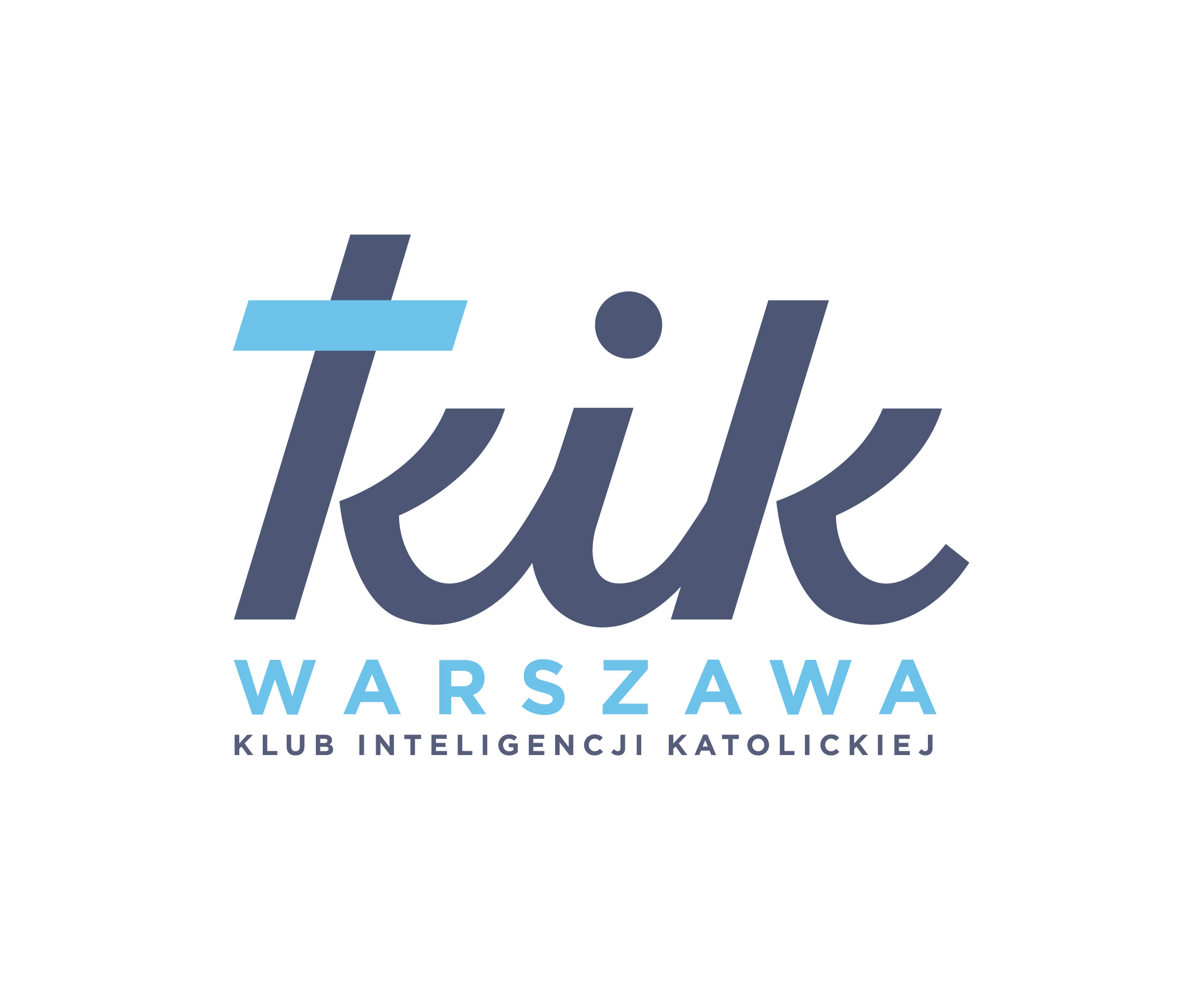
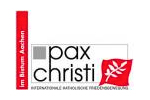
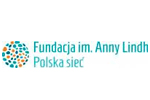
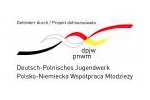
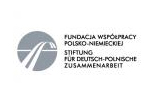

.jpg)




